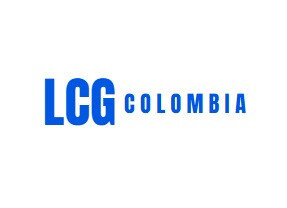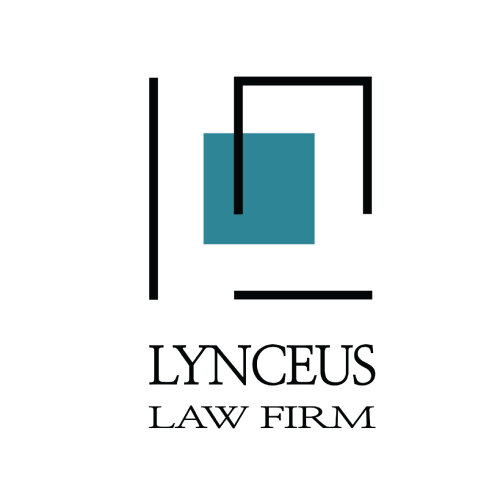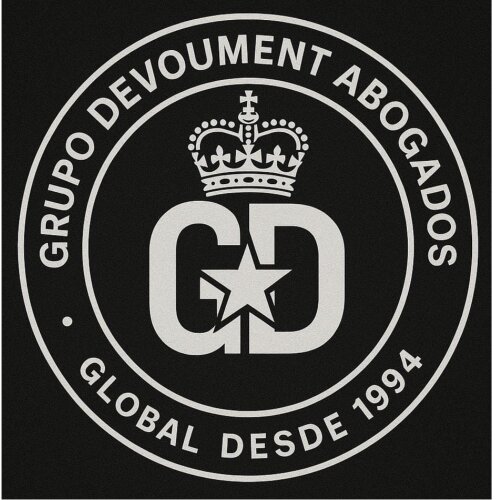Best Antitrust Litigation Lawyers in Colombia
Share your needs with us, get contacted by law firms.
Free. Takes 2 min.
Or refine your search by selecting a city:
List of the best lawyers in Colombia
About Antitrust Litigation Law in Colombia
Antitrust litigation in Colombia refers to the legal processes that address violations of competition laws. These laws are designed to promote fair competition and prevent practices that harm the market or consumers. The principal regulatory framework in Colombia is set by Law 155 of 1959 and Law 1340 of 2009, both complemented by various decrees and guidelines. The Colombian Superintendency of Industry and Commerce (SIC) is the main authority responsible for investigating and sanctioning anti-competitive behavior. Antitrust litigation can involve actions against companies or individuals suspected of monopolistic practices, cartel agreements, abuse of dominant positions, or unfair competition.
Why You May Need a Lawyer
Antitrust litigation in Colombia can be complex and challenging due to the specialized nature of the laws and the significant consequences of violations. You may need a lawyer for several reasons, including:
- Facing an investigation from the SIC for potential anticompetitive conduct
- Being accused of cartelization, bid rigging, or price-fixing
- Dealing with claims of abuse of dominant market position
- Suspecting that a competitor is engaging in unfair or anticompetitive practices
- Needing compliance advice to prevent violations within your company
- Assisting with mergers or acquisitions that may raise antitrust concerns
- Defending your company against penalties or sanctions related to antitrust matters
- Seeking compensation for damages caused by anti-competitive practices
Legal expertise is crucial for navigating formal investigations, preparing responses, collecting evidence, negotiating with authorities, and representing your interests in court or before administrative bodies.
Local Laws Overview
Colombia’s antitrust legal framework is primarily shaped by the following:
- Law 155 of 1959: Establishes the prohibition of agreements that restrict or distort competition.
- Law 1340 of 2009: Strengthens enforcement and improves procedures for investigating and sanctioning anticompetitive conduct.
- Superintendency of Industry and Commerce (SIC): The primary enforcer, empowered to investigate, issue fines, and order corrective measures.
- Categorization of Practices: Prohibits collusive agreements, abuse of dominant position, predatory pricing, exclusionary conduct, and certain merger operations without prior notifications.
- Sanctions and Penalties: Violations can result in significant fines, reputational damage, and, in some cases, criminal liability for individuals responsible.
- Leniency Program: Offers reduced sanctions for companies or individuals who cooperate and provide information about antitrust violations.
The antitrust regime also interacts with other laws, such as consumer protection and unfair competition regulations, providing a robust set of rules for maintaining market integrity.
Frequently Asked Questions
What is considered anticompetitive behavior in Colombia?
Anticompetitive behavior includes any actions or agreements that restrict, prevent, or distort free competition in the market. Examples include collusion among competitors, abusive pricing strategies, and creating barriers to entry for new firms.
Who enforces antitrust laws in Colombia?
The Superintendency of Industry and Commerce (SIC) is the primary authority responsible for enforcing antitrust and competition laws in Colombia.
How does the investigation process work?
The SIC investigates potential violations either on its own initiative or based on complaints. It can request documents, conduct interviews, and perform inspections. If sufficient evidence exists, the SIC can issue charges and initiate formal proceedings.
What rights do accused parties have during investigations?
Accused parties have the right to a defense, to submit evidence, to access the investigation file, and to be heard before sanctions or penalties are applied.
Can individuals or companies appeal SIC decisions?
Yes, parties adversely affected by a SIC decision can file administrative appeals and, if necessary, take the case before the Colombian courts for judicial review.
What are the possible penalties for antitrust violations?
Sanctions may include significant monetary fines, corrective orders, exclusion from government contracts, and, in severe cases, criminal proceedings against individuals.
Are mergers and acquisitions subject to antitrust review?
Yes, certain mergers and acquisitions require prior notification to the SIC to ensure they do not create or strengthen a dominant market position that could harm competition.
Is there a leniency program in Colombia?
Yes, Colombia offers a leniency program for companies or individuals who self-report anticompetitive conduct and cooperate with authorities, potentially leading to reduced sanctions.
Can victims of antitrust violations seek compensation?
Yes, parties harmed by anticompetitive practices can seek damages through civil claims in addition to any administrative sanctions imposed by the SIC.
What should I do if I suspect anticompetitive conduct?
You should consult a qualified antitrust lawyer and consider filing a complaint with the SIC. Document any evidence and avoid direct confrontation with suspected parties.
Additional Resources
If you are seeking guidance or information on antitrust litigation in Colombia, the following resources may be helpful:
- Superintendency of Industry and Commerce (SIC) - Responsible for enforcement, investigations, and public guidance
- Colombian Association of Competition Law
- Chambers of Commerce in major cities, which offer advisory services
- Colombian Ministry of Commerce, Industry, and Tourism
- Legal clinics or university programs specializing in competition law
Engaging with these resources can provide valuable information and professional contacts for addressing your concerns.
Next Steps
If you believe you are involved in or affected by an antitrust issue in Colombia, consider taking the following steps:
- Seek legal advice from a specialized antitrust lawyer familiar with Colombian regulations
- Gather and organize all relevant documentation and evidence related to your case
- Contact the SIC or consult a legal professional before taking any public or confrontational action
- Stay informed about your rights and obligations under Colombian competition law
- Follow your lawyer’s guidance throughout the investigation or litigation process
Acting quickly and consulting with experienced professionals will help protect your interests and ensure compliance with Colombian competition laws.
Lawzana helps you find the best lawyers and law firms in Colombia through a curated and pre-screened list of qualified legal professionals. Our platform offers rankings and detailed profiles of attorneys and law firms, allowing you to compare based on practice areas, including Antitrust Litigation, experience, and client feedback.
Each profile includes a description of the firm's areas of practice, client reviews, team members and partners, year of establishment, spoken languages, office locations, contact information, social media presence, and any published articles or resources. Most firms on our platform speak English and are experienced in both local and international legal matters.
Get a quote from top-rated law firms in Colombia — quickly, securely, and without unnecessary hassle.
Disclaimer:
The information provided on this page is for general informational purposes only and does not constitute legal advice. While we strive to ensure the accuracy and relevance of the content, legal information may change over time, and interpretations of the law can vary. You should always consult with a qualified legal professional for advice specific to your situation.
We disclaim all liability for actions taken or not taken based on the content of this page. If you believe any information is incorrect or outdated, please contact us, and we will review and update it where appropriate.
Browse antitrust litigation law firms by city in Colombia
Refine your search by selecting a city.
















